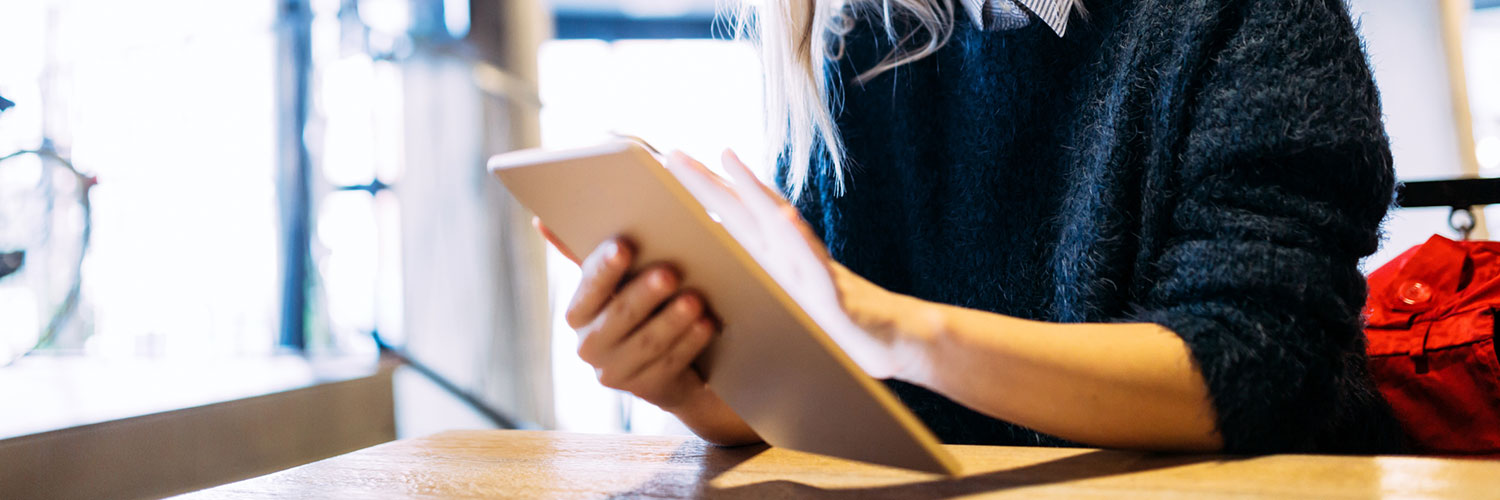
When COVID-19 ravaged the world, forcing businesses to close doors, the hospitality and tourism industry was one of those that suffered the most. Only a LA few hotels were allowed to operate under stringent regulations to serve stranded guests or long-term occupants at the pandemic’s height.
As economies start to reopen, more hotels were allowed to open, given that they were equipped to address a broad spectrum of risks associated with Coronavirus.
Each state has implemented its standard of care for hoteliers. One of which is to exercise reasonable care to avoid the risk of infection and spread. If you’re interested in learning more in detail, take a look at LA Hospitality Insurance and consider all the safety precautions. Here is a closer look at how LA hotels can mitigate the risk of COVID-19.
Protocols for mitigating risk in hotels in times of pandemic
We all know that a single virus carrier can infect hundreds of people. Hence, hoteliers must find ways to mitigate risks to both LA hotel employees and guests. Even the most careful operations cannot entirely prevent a liability claim if someone catches the virus while staying in the hotel. Here are the minimum standards for hotel operations.
Practice personal hygiene
These practices are relatively simple, yet something that needs a constant reminder: Hand-washing for 20 seconds or more using soap and clean water; avoid touching the eyes, nose, and mouth; and don’t handle anything with bare hands.
It is advisable to use protective equipment. LA Hotel employees should wear face masks and face shields, single-use gloves, and other protective gear. Screening of hotel employees and guests for symptoms of the virus should also be conducted to heighten safety measures.
Practicing personal hygiene in hotels is a shared responsibility among hotel management, employees, and guests.
Strict implementation of social distancing
Current guidelines require at least six feet of distancing in all common areas. Hotel employees can inform guests of social distancing precautions with floor markings, signages, and other visual prompts. Implement the use of face masks and face shields on top of social distancing.
In addition, the following can also be implemented to minimize contact between hotel employees and guests:
- Upgrade your payment facilities with non-touch or cashless payment methods via smartphones
- Minimize queue at the reception desk by introducing mobile check-ins and check-outs
- Provide the option for guests to order meals or whatever they need via a mobile app where the employee can leave the order at their door
- In addition to phone service, provide chat support to attend to guests’ inquiries and other requests, so they don’t have to interact directly with hotel employees.
Adequate cleaning and disinfecting
Use EPA-approved cleaning and disinfecting products, as well as personal protective equipment (PPE). Thoroughly clean and disinfect rooms and high-touch surface areas such as doors, elevators, counters, furniture, and dining tables. Cleaning and disinfecting restrooms should occur often. Add disinfectant when washing laundry and beddings.
Training and monitoring
Protocols are only effective when put into practice. Hence, training and monitoring are critical. After completing the initial training, there should be regular shift meetings to remind employees of the protocols. Managers should monitor compliance for all.
Effective records keeping and contact tracing capability
It is crucial to trace who has been in contact with infected individuals who have visited the hotel. An effective record-keeping process should be implemented to maintain records of guest and employee visits to the hotel, guest registration records, employee work assignments, and electronic lock records.
Update your crisis communication plan
Effective communication strategies are crucial in the current situation. More than ever, businesses should be able to respond quickly when faced with any unexpected event or emergency. In preparation for such scenarios, hotel operators must create and continuously update their crisis communications plans and processes.
The risk of contracting COVID-19 might diminish as improved health measures are put in place, but the risk that remains can still create legal liability for hoteliers. Allegations of negligence in failing to protect guests from the virus can be filed anytime. Hotels face heightened risk because their guests inevitably share rooms and common areas. There is an ever-present risk even if employees and guests practice social distancing.
To limit the likelihood of lawsuits, hoteliers should educate themselves on the legal risks presented by the pandemic and consider ways to mitigate them.
About Arroyo Insurance Services
Arroyo Insurance Services was officially established in 1986, but we have roots dating back to before 1950. One of California’s leading client-oriented and independently owned agencies, we have over 140 employees with a combined experience of over 450 years, spread across 11 locations. We are committed to providing the best insurance and risk management services at the most competitive premiums, and backing it with hands-on service tailored to our customers’ needs. For more information on how we can mitigate your risks, contact us today at (877) 220-4769.




